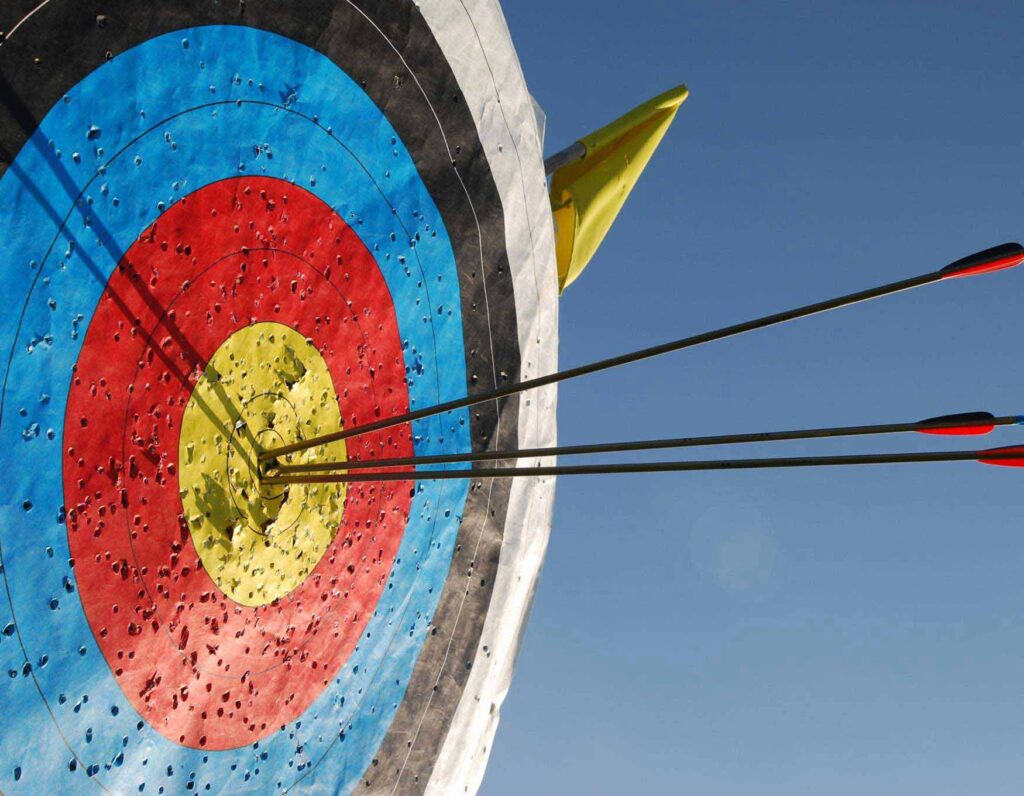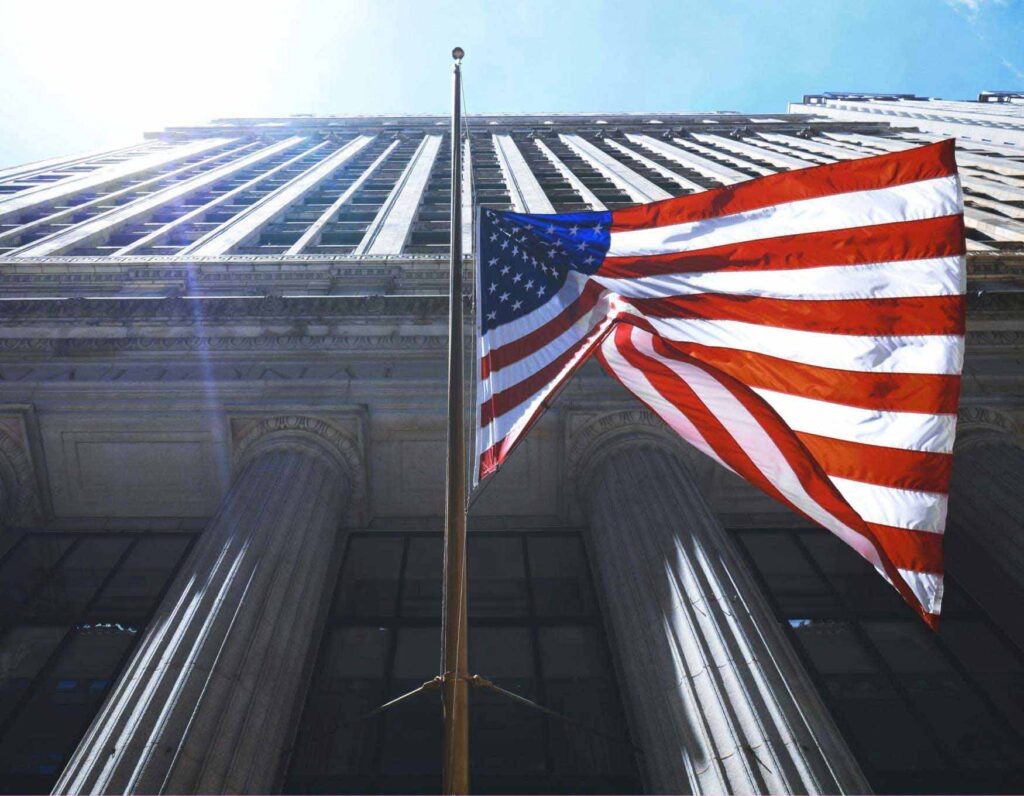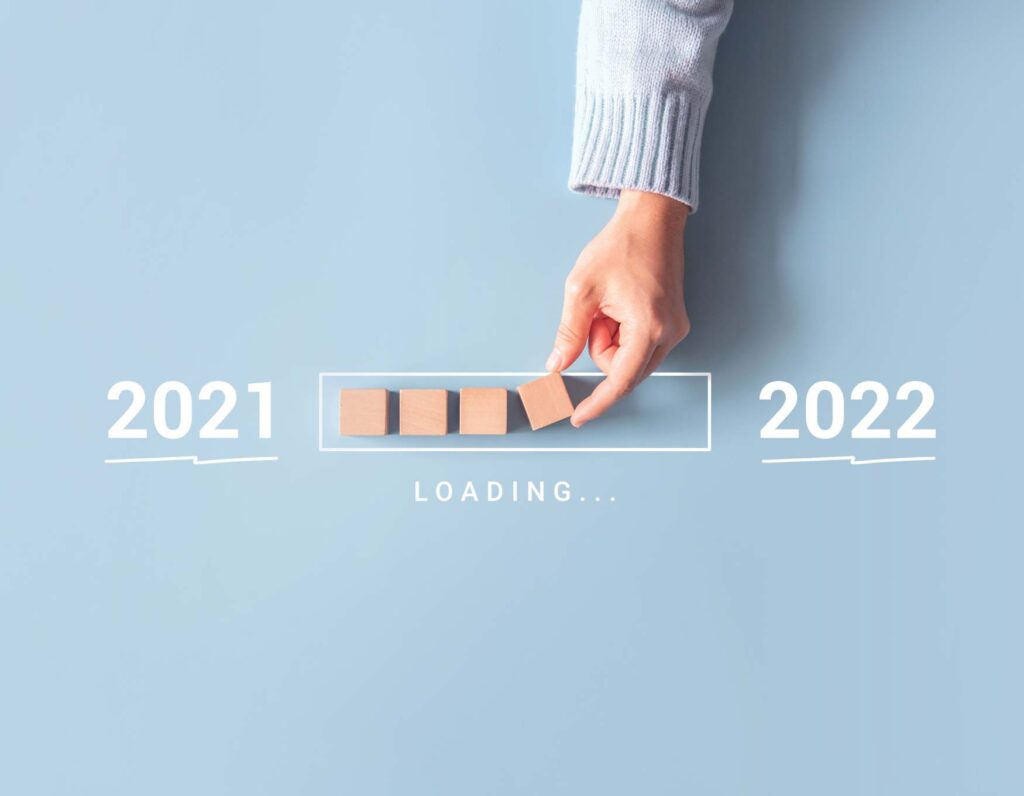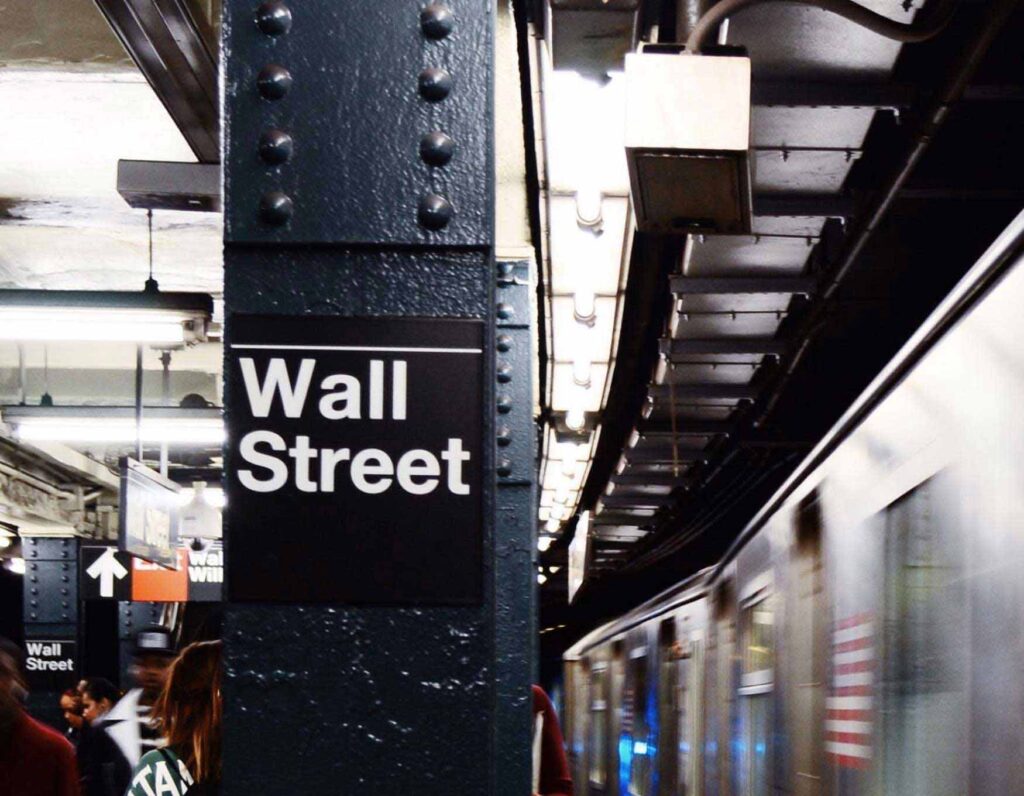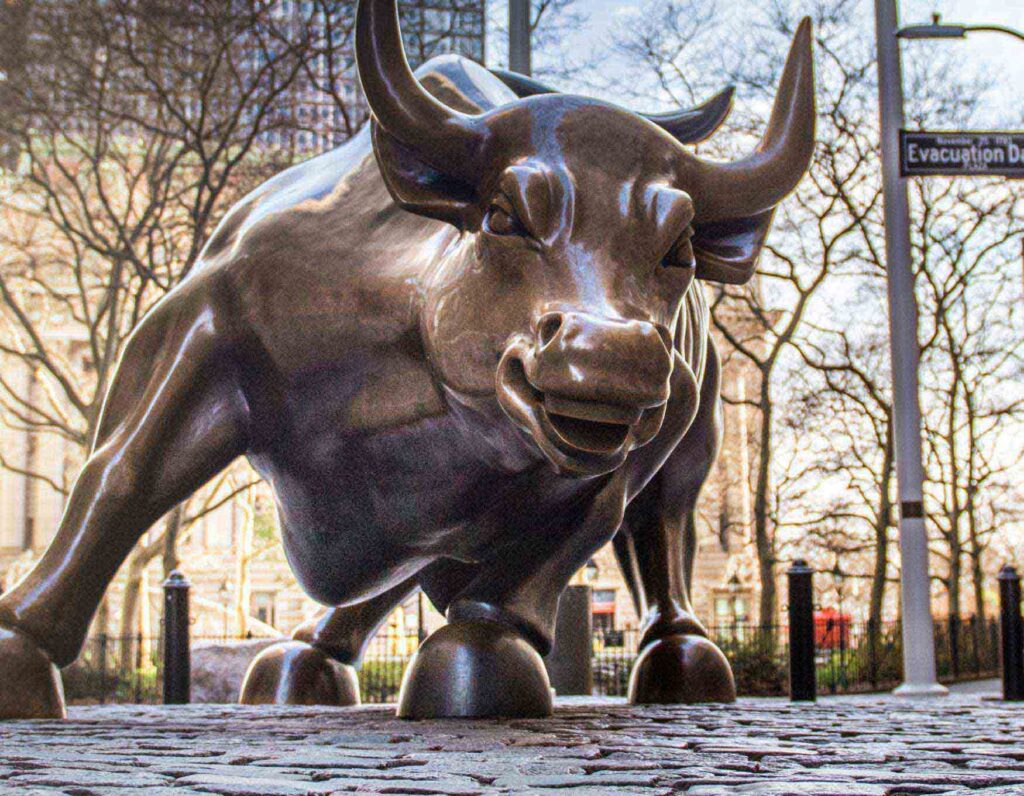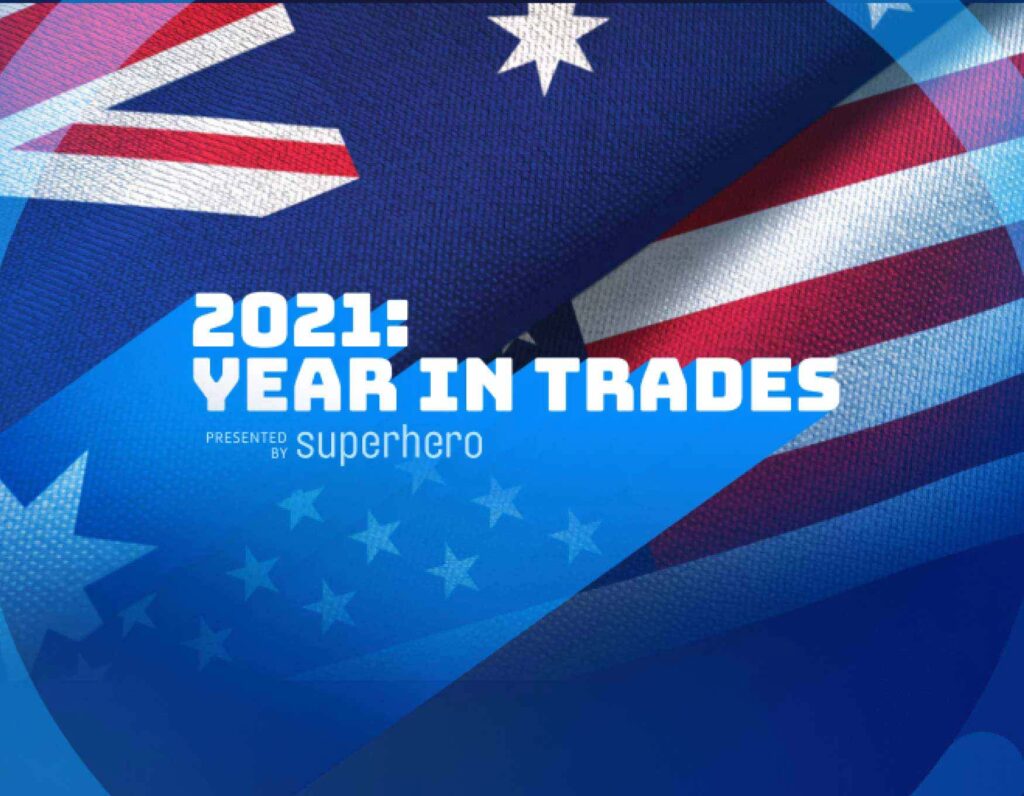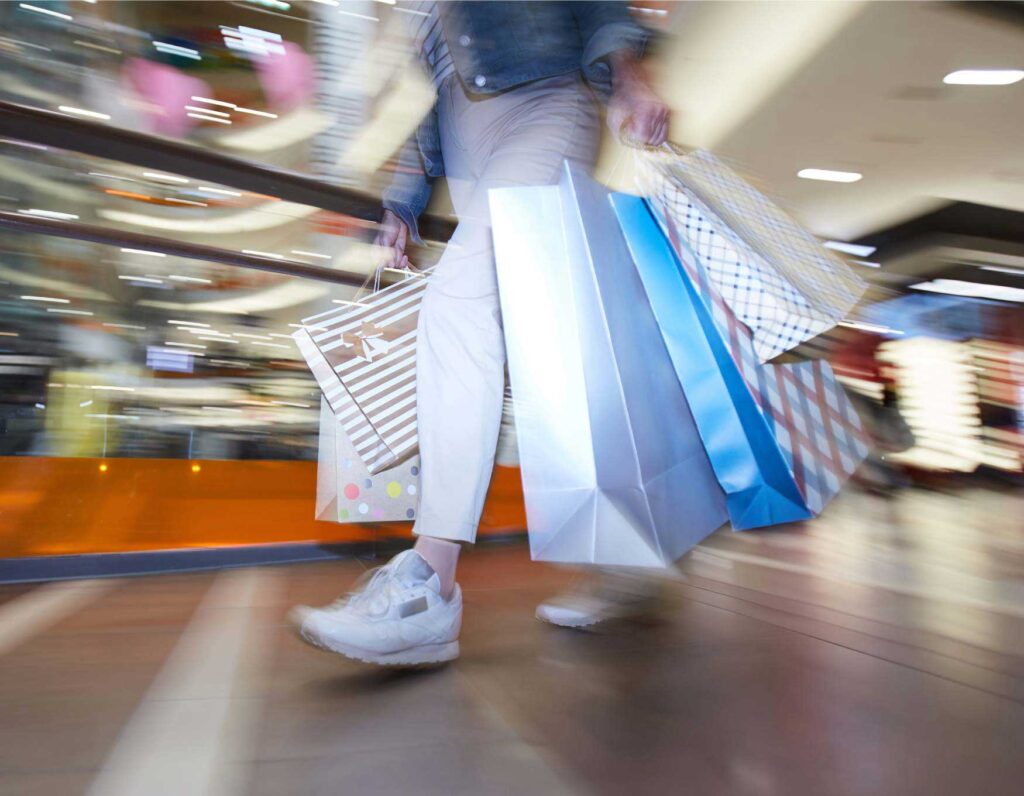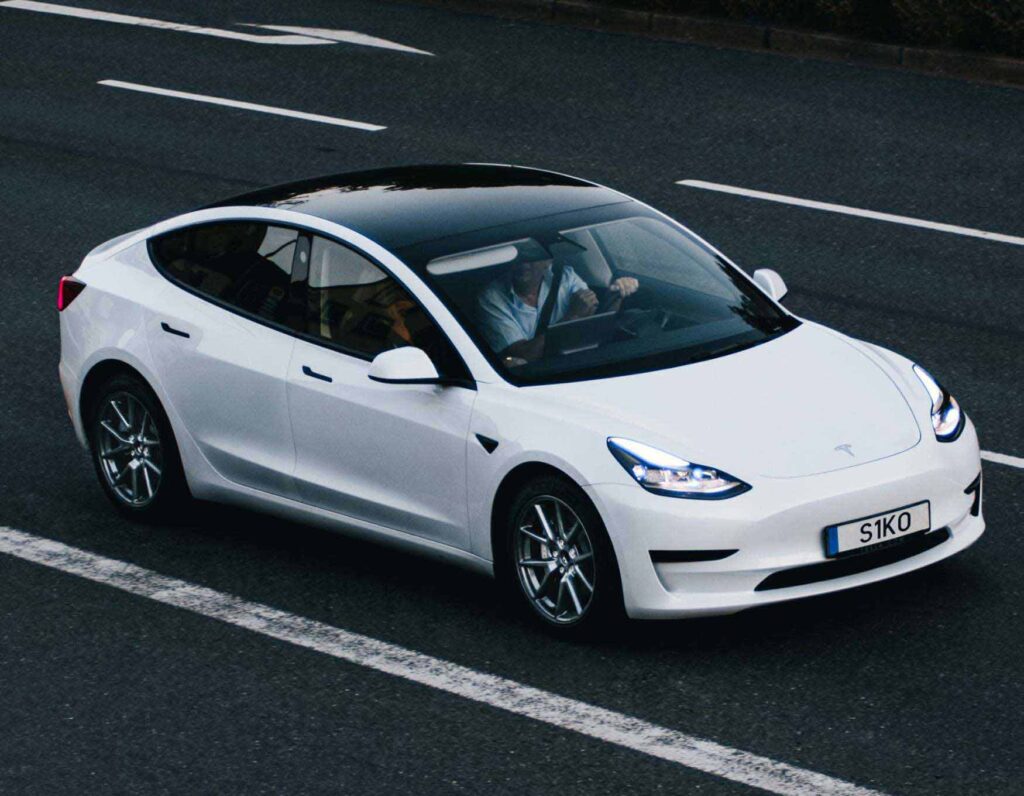Travel is a massive industry that has been absolutely clotheslined by COVID-19. Just look at the dust gathering on your frequent flyer points.
Globally it’s a US$9 trillion industry. From an investment point of view it’s less accessible than some because it’s filled with private companies and small operators.
The industry isn’t in the top 10 sectors on the S&P 500, while Sydney Airport sits outside the top 20 companies on the ASX.
But the companies that are listed are likely to be central to the COVID-19 recovery story.
Where can I invest?
AirBNB
When it comes to the best sharing economy companies in history, it’s a two-horse race between AirBNB and Uber.
Like any hotel company, AirBNB has seen its revenues dry up as lockdowns and closed borders keep property owners from renting out their assets to tourists. At its most recent quarterly results, AirBNB’s net loss tripled, mostly due to debt repayments.
However, AirBNB’s revenue grew 5%. Management isn’t sure if the recovery will continue at the same rate in the second half of this year. Fingers crossed.
Qantas Airways
Qantas Airways, Australia’s iconic airline, is also known as the Flying Kangaroo. It hasn’t been flying much lately.
The COVID-19 pandemic grounded most of the Qantas fleet. The aviator has been forced to conduct several rounds of dramatic layoffs and stand-downs to keep its balance sheet in check.
The aim has been to get Qantas into a place where it can ramp up in a profitable manner as borders open up. At its most recent first half results, we got a first glimpse at the plan in action.
While the company booked a statutory $1.1 billion interim loss, the airline’s domestic business remained profitable despite only operating at 30% capacity of pre-COVID levels.
The hope will be that Chief Executive Alan Joyce can repeat that formula as international borders open up with increased vaccination rates. The good news is Joyce is one of Australia’s most respected business leaders of the last 30 years. He has promised to stay with Qantas until at least 2023.
Sydney Airport
Sydney Airport is manager of Australia’s busiest airport (that’s a relative term in COVID-19) and is currently Australia’s most valuable travel company.
At its most recent full year results, where the company reported a $145.6 million annual loss, Chief Executive Geoff Culbert said Australia had “a huge economic opportunity” after most vulnerable people were vaccinated if it kept borders open to attract more tourists, students and skilled workers.
“The recovery won’t be linear”, Culbert said. “But our experience shows that when restrictions are eased and borders come down, people are keen to travel.”
Sydney Airport is also in the middle of a $22 billion game of cat-and-mouse with IFM Investors, the United States’ Global Infrastructure Partners and QSuper. The three major investors put in a takeover offer for Sydney Airport, which the board rejected as “opportunistic”.
Delta Airlines
Over in the U.S., we’re seeing what Australia’s travel industry is hoping for. Delta Airlines (awkward company name given the Delta variant) is America’s second largest airline by fleet size. Chief Executive Ed Bastian has said consumer travel had returned or even surpassed pre-pandemic levels.
While the airline said international travel was still hampered by COVID-19 travel restrictions, Delta posted a $652 million quarterly profit in July.
Granted that was helped by some federal aid. But it’s a sign that people are ready to travel when they’re allowed to and the global travel industry is ready to capitalise.
Delta Airlines is also doing its bit. The company has partnered with Georgia to host the state’s largest COVID vaccination site.
How have investors done so far?
Since the beginning of 2020, two months before the World Health Organisation declared COVID-19 a pandemic, the benchmark S&P/ASX 200 index has risen 10%. Qantas Airways has lost 34%. Sydney Airports has done a bit better, 10% in the red since the beginning of 2020.
Over in the US, the benchmark S&P 500 has grown 35%. Delta Airlines and Boeing are both down 35%, while AirBNB is faring much better, up 8%.
What could happen next?
The question is how much upside is there? Estimations on how big the travel and tourism industry was before COVID-19 vary. Some pegged it as high as US$9 trillion.
Whatever the case, the United Nations Conference on Trade and Development estimates the global industry will lose US$4 trillion in 2020 and 2021 thanks to the pandemic, with international arrivals not expected to rebound until 2023 at the earliest. That’s a lot of money to come back into the industry.
In Australia, the local industry was worth a total of $152 billion before the pandemic, according to Deloitte. The consultant said the combined loss in spending from visitors will reach $85 billion.
Who feels like a holiday?

Become a part of
our investor community
Why you should join us:
- Join free and invest with no monthly account fees.
- Fund your account in real time with PayID.
- Get investing with brokerage from $2. Other fees may apply for U.S. shares.
Read our latest articles
Make knowledge your superpower and up your skills and know-how with our news, educational tools and resources.

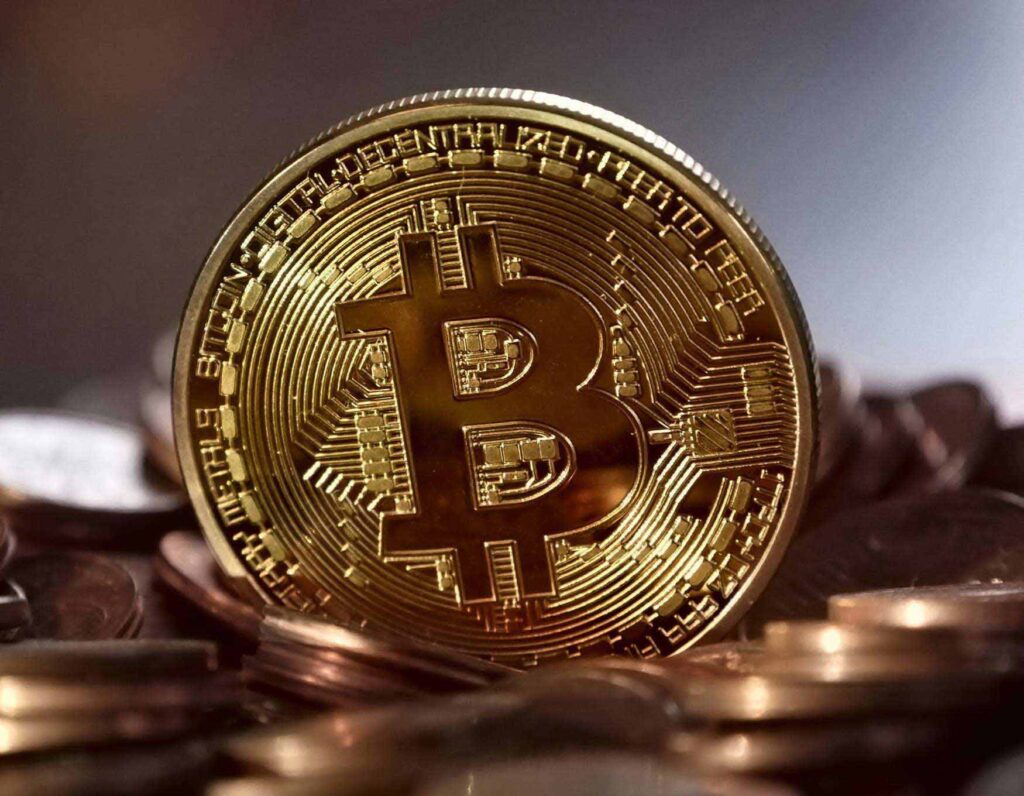
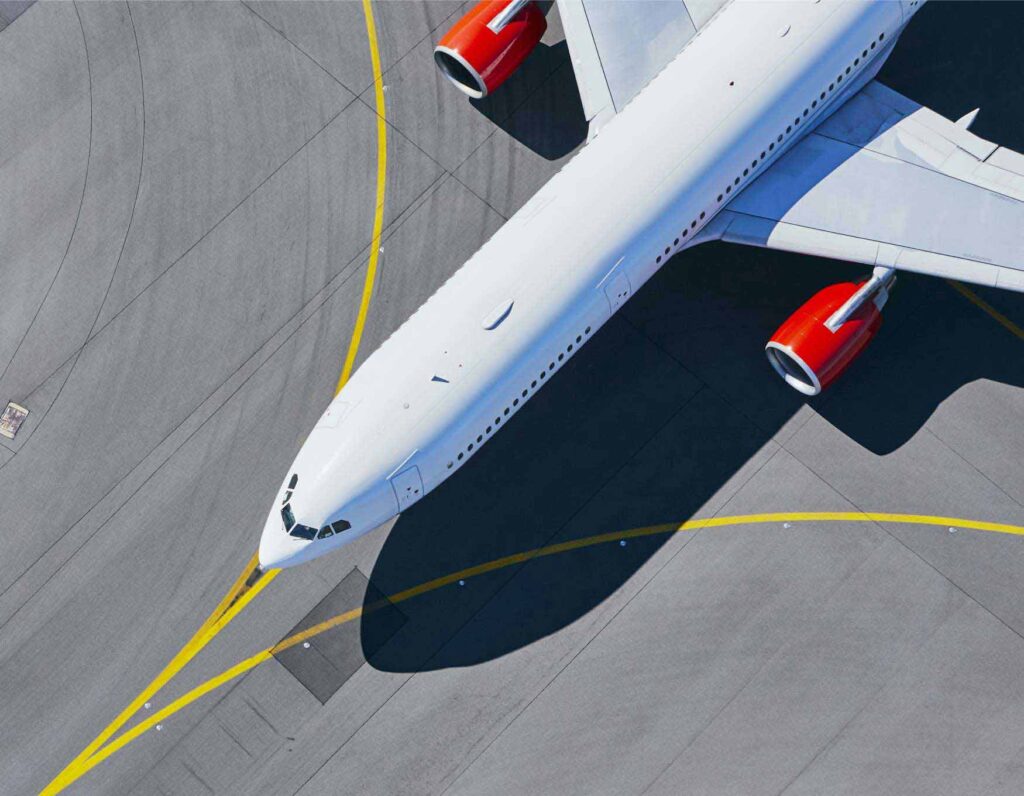

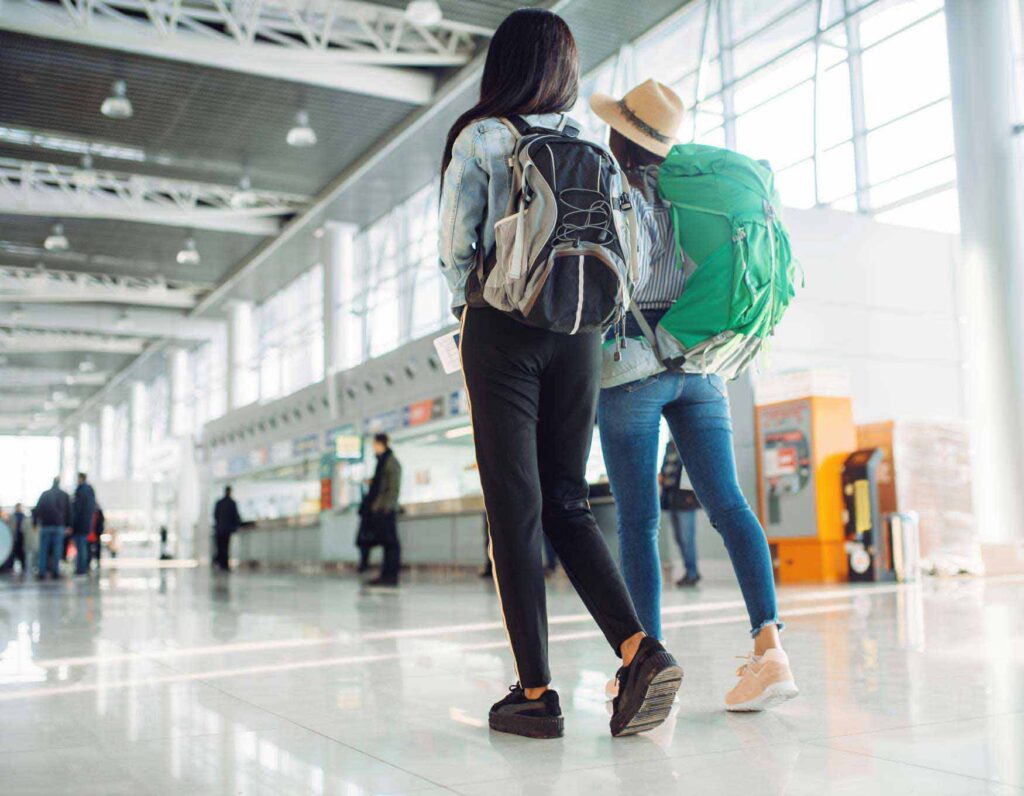

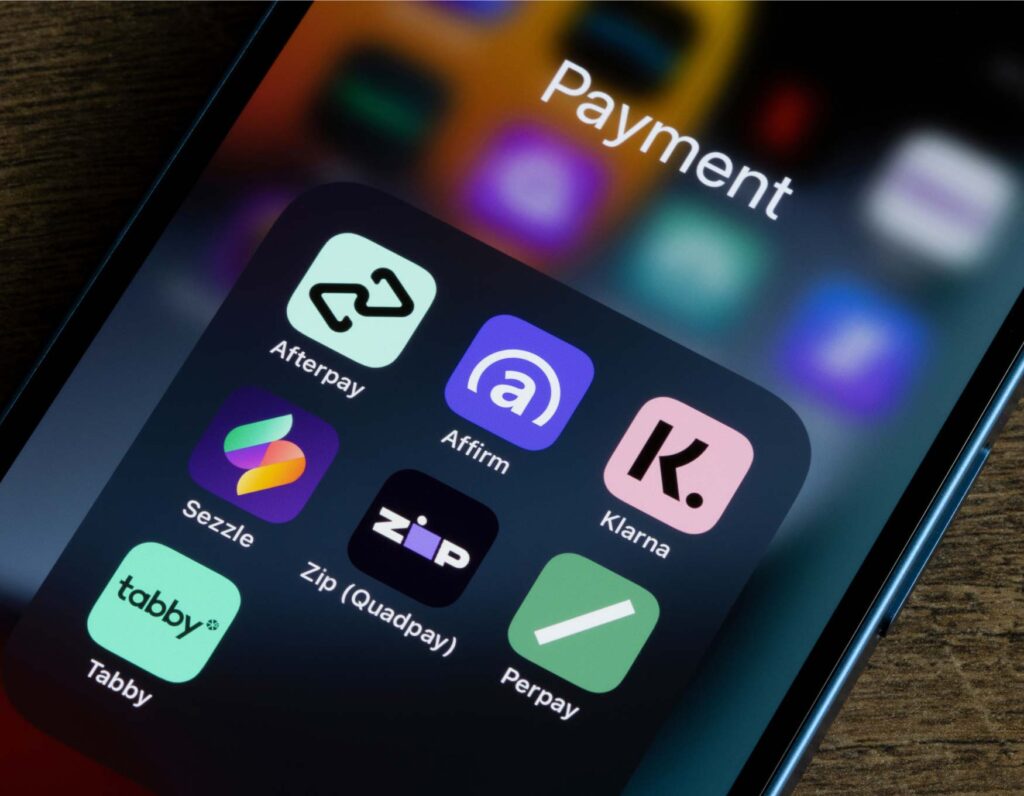

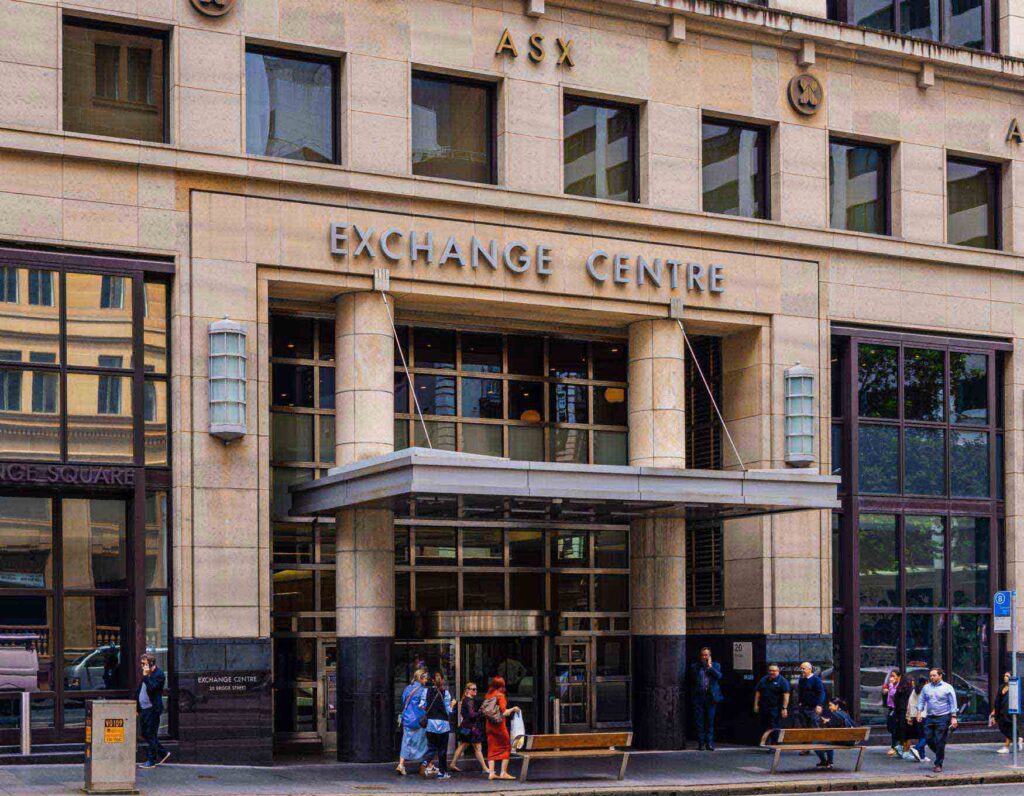

![The top ASX lithium stocks by trade volume and performance [2023]](https://www.superhero.com.au/wp-content/uploads/2023/06/24-03_blog_news_toplithiumstocks_hero@2x-1024x796.jpg)
